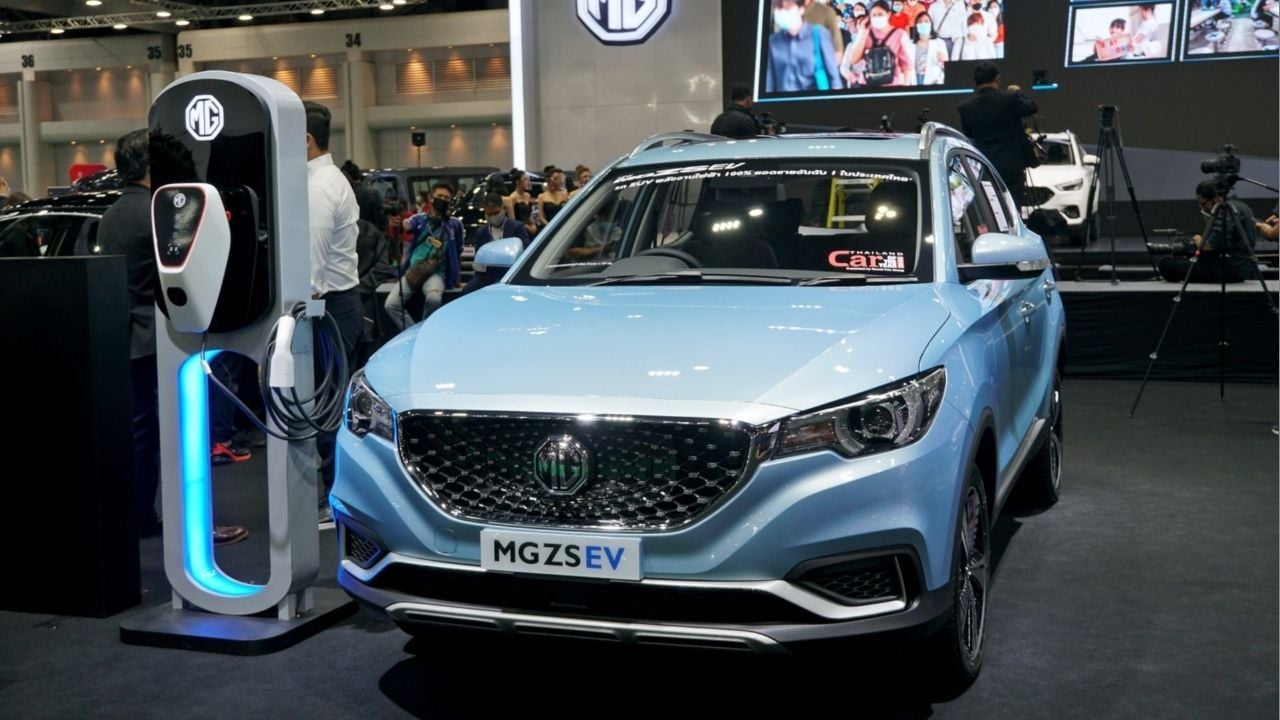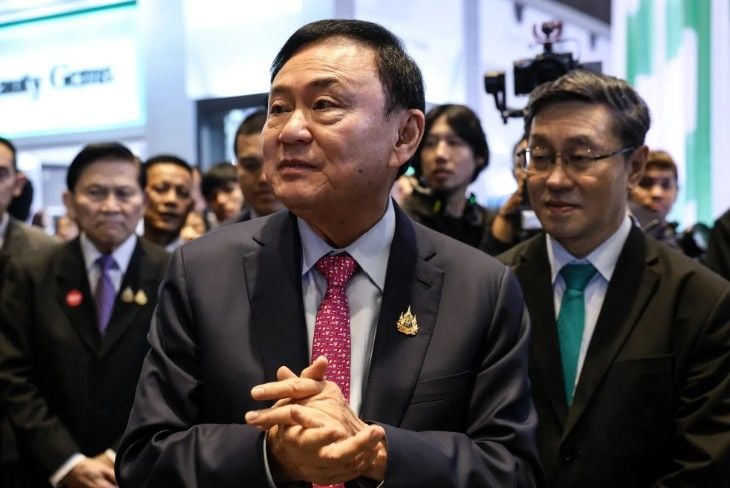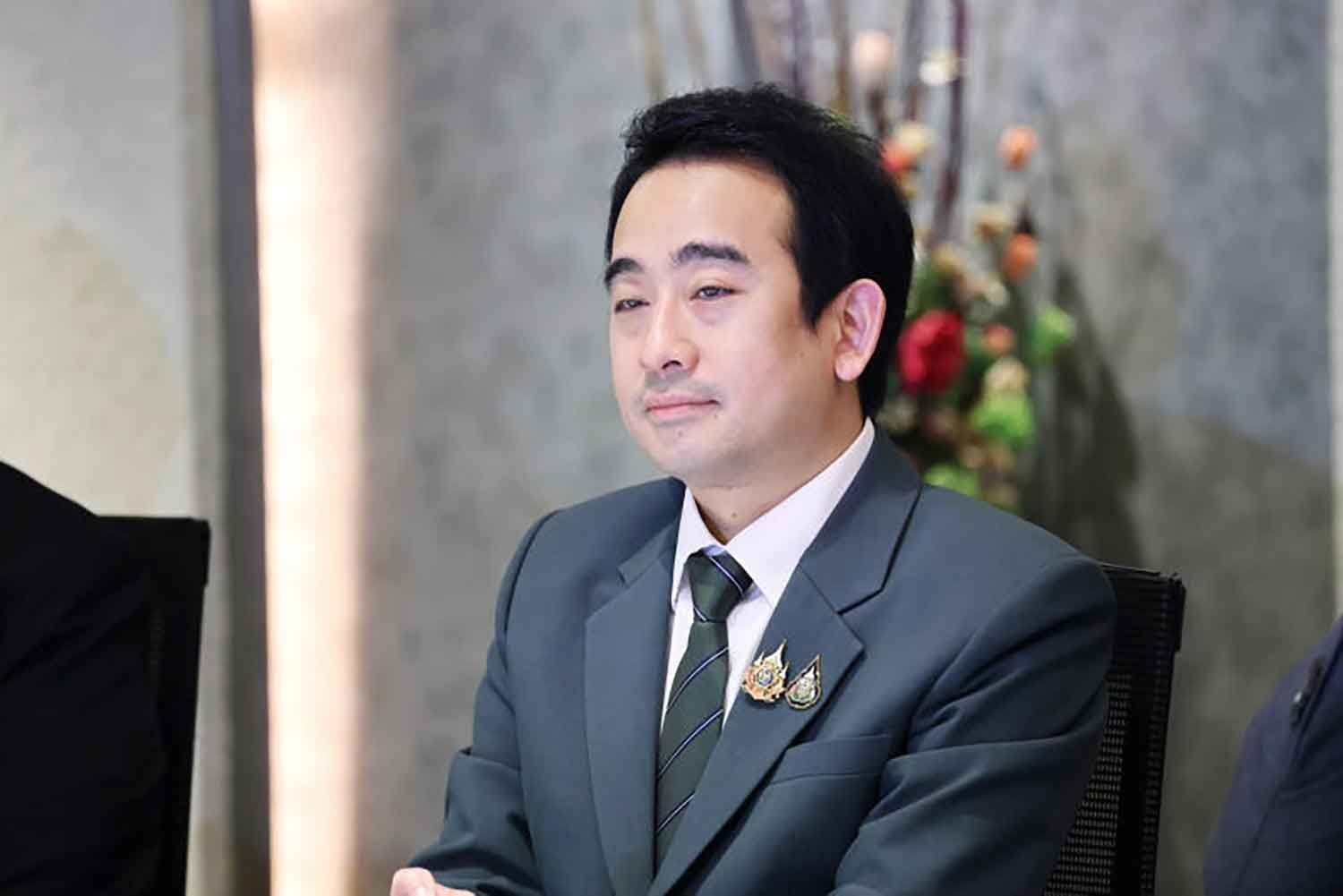Thaksin pushes for high EV tax to protect Thailand’s car industry
Ex-PM suggests local content requirement for imported electric vehicles to foster industry growth

Could the rise of electric vehicles (EVs) be putting Thailand’s homegrown auto industry at risk? Former PM Thaksin Shinawatra thinks so, and he’s pushing for drastic tax changes to protect local manufacturers from foreign competition.
Thaksin has called for a high excise tax to be imposed on imported EVs that contain minimal local content, in a bid to protect Thailand’s domestic car industry. Thaksin’s comments come amidst concerns that free trade agreements (FTAs), particularly the ASEAN-China FTA, have led to a flood of imported EVs with zero tariffs, undermining local manufacturers.
The ex-PM proposed that imported EVs should include a minimum level of local content, such as car seats, to ensure the continued growth of Thailand’s automotive sector. This follows the FTA with China, which removed import tariffs on vehicles, including EVs, allowing cheaper foreign cars to flood the market.

In response to these concerns, the Excise Department has announced plans to revise the country’s excise tax structure. Under the new proposal, vehicles with a high percentage of domestically manufactured components will be taxed at a lower rate than fully imported models. This measure aims to incentivise manufacturers to increase the use of local parts, helping to safeguard the Thai auto industry.
Deputy Finance Minister Paopoom Rojanasakul explained:
“The goal is to support the domestic auto parts industry by encouraging the use of locally made components.”
However, analysts speculate that these measures may also be a response to ongoing tariff threats from the United States, which could impact Thailand’s export market.

Sompop Manarungsan, an economist, pointed out that the reduction in tariffs on American cars won’t significantly affect Thailand’s automotive market. He said that American manufacturers are already struggling to compete with Southeast Asian automakers in terms of parts prices and model updates. Moreover, American vehicles have limited market share in countries like Japan, despite low tariffs.
As Thailand transitions to becoming an EV production hub, the rise of electric vehicles presents both an opportunity and a challenge.
From 2022 to 2024, EV registrations soared, with BEVs, PHEVs, and HEVs experiencing a sharp rise. The Thai government has been actively promoting EV production, attracting massive investments in both EV production and infrastructure.
Yet, while the domestic market for EVs is growing, intense competition from foreign brands has caused some Chinese EV manufacturers to withdraw, returning government subsidies and facing penalties for not meeting local production requirements, reported Bangkok Post.
Thailand’s ambitious EV strategy is seen as crucial for the country’s future as a regional EV export hub, with investments in manufacturing, charging stations, and battery production continuing to grow.
By 2030, Thailand aims to become a leader in EV production in Southeast Asia, with a focus on locally produced components to bolster both the industry and the environment.
Latest Thailand News
Follow The Thaiger on Google News:


























